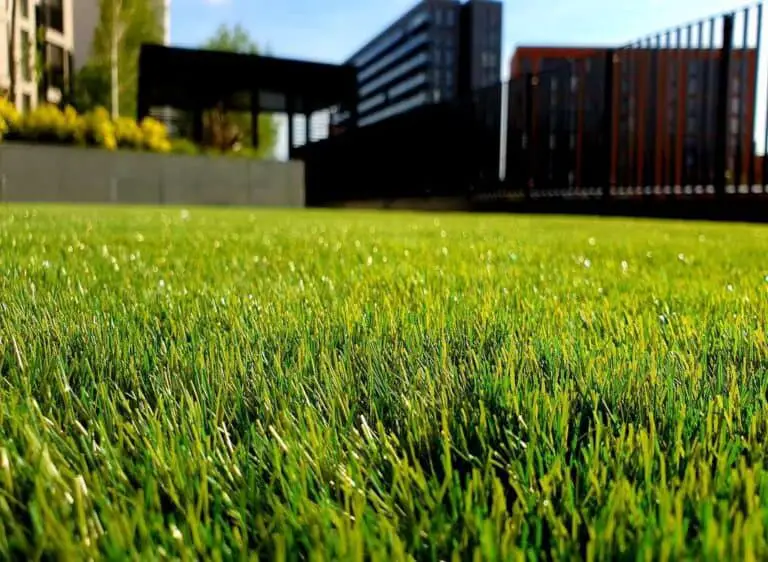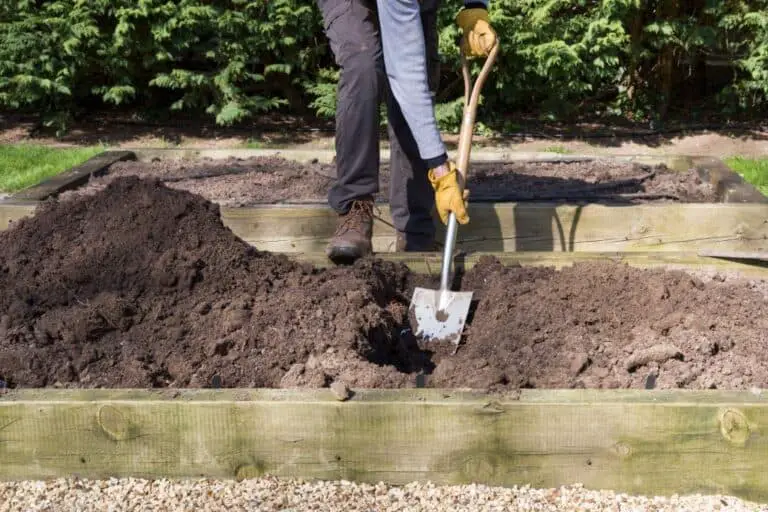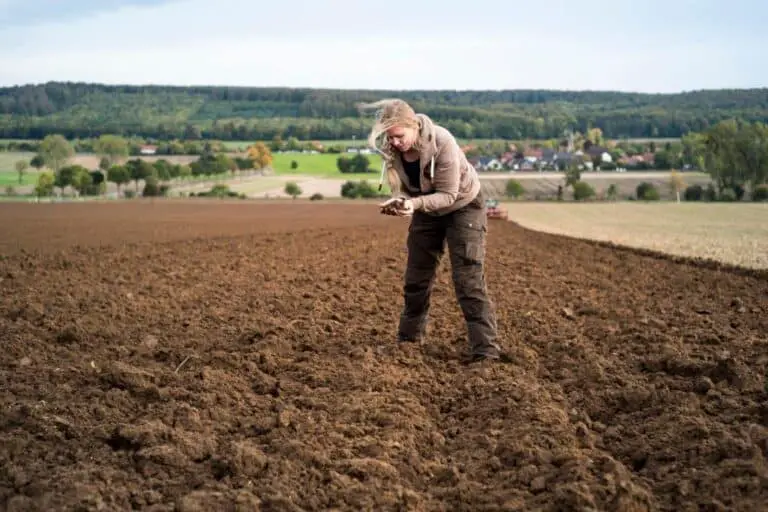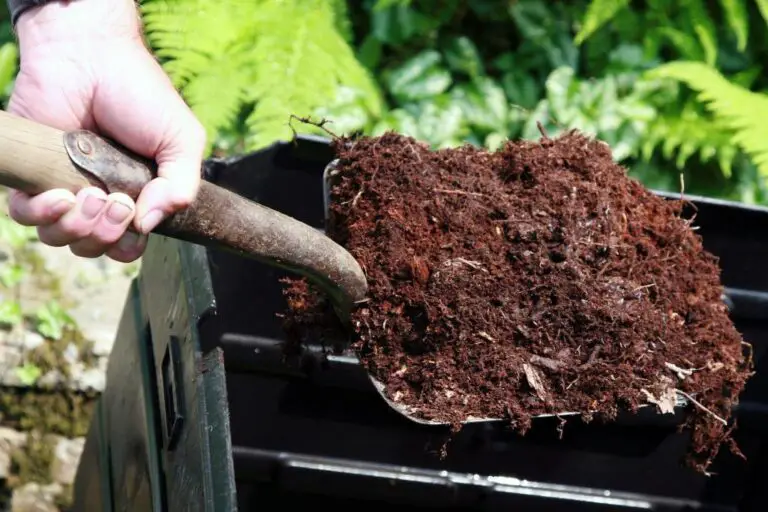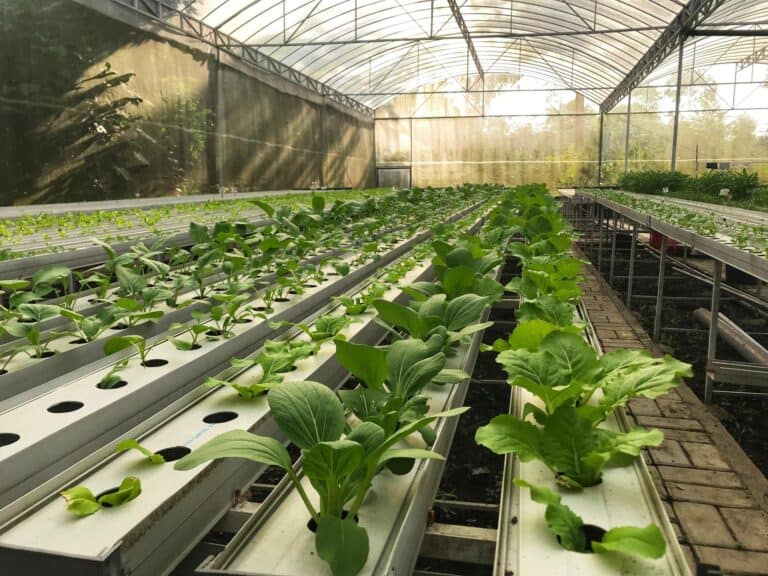Easiest Way to Remove Weeds from Mulch: Tips and Tricks from the Pros
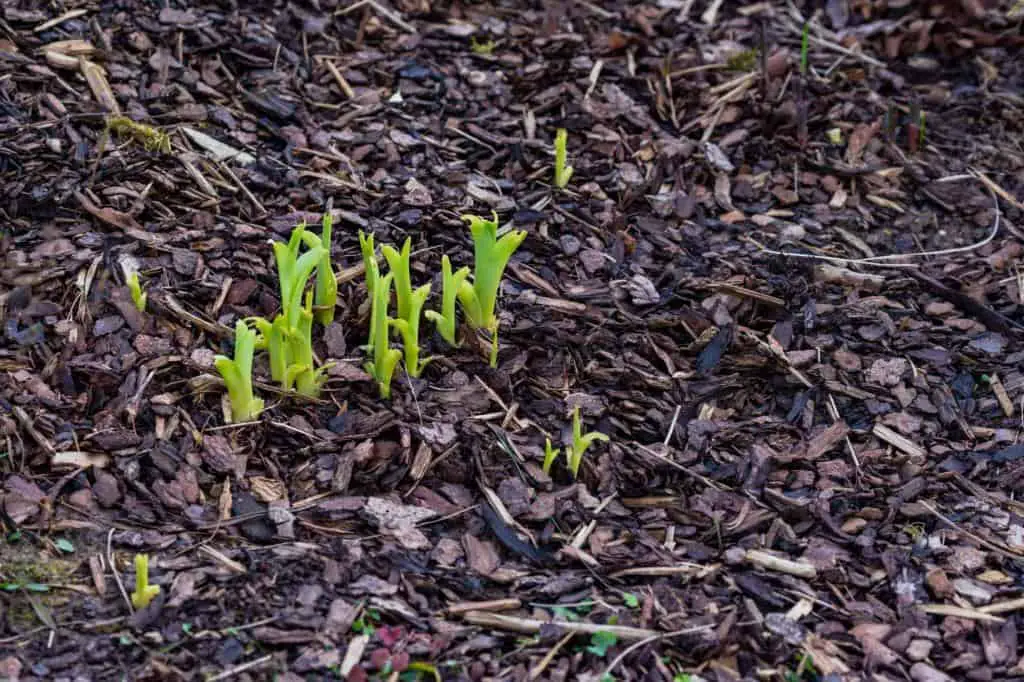
Hey there, garden enthusiasts! Have you ever spent countless hours perfecting the mulch in your garden only to have weeds wreak havoc on everything?
Weeds can be a persistent and frustrating problem for any gardener, but fear not, because I’m here to share with you the easiest way to remove weeds from mulch. No more pulling weeds by hand or resorting to harsh chemicals that can harm your plants and the environment.
This simple solution will save you time, money, and the headache of dealing with pesky weeds in your beautiful garden. So grab your gardening gloves and let’s get started!
Understanding the Problem: Why Weeds Grow in Mulch
Mulch is a layer of material that is put on top of the soil to help control the temperature, keep the soil moist, and stop weeds from growing. However, despite the many benefits of using mulch in your garden, weeds can still find their way through the mulch layer and grow in your garden beds.
This can be frustrating for gardeners who have put in a lot of effort to maintain a weed-free garden. Understanding why weeds grow in mulch can help you prevent them from taking over your garden beds.
One of the main reasons why weeds grow in mulch is that it is often made up of organic materials such as leaves, straw, and wood chips. These organic materials break down over time and create a nutrient-rich environment that is perfect for weed growth. Weeds can also easily root into the loose, porous mulch layer and quickly spread throughout your garden beds.
Another reason why weeds grow in mulch is that the mulch layer may not be thick enough to fully suppress weed growth. If the mulch layer is too thin, it will not effectively block sunlight from reaching the soil surface, which is necessary to prevent weed seeds from germinating.
Finally, weeds can also grow in mulch if they are already present in the soil before the mulch is applied. Mulch does not kill existing weeds, so any weeds that are already present in the soil will continue to grow through the mulch layer.
The Importance of Weed Removal from Mulch
Mulching is an excellent way to retain moisture in the soil and suppress weed growth, but it’s important to remember that mulch is not a weed barrier. While it can help prevent weed growth to some extent, weeds can still grow through or on top of the mulch. So, weeding mulch beds regularly is a must if you want your garden to stay healthy and full of life.
Weeds can be detrimental to the health of your plants as they compete for essential nutrients and water. They can also harbor pests and diseases that can spread to other plants in your garden. Additionally, weeds can be unsightly and take away from the beauty of your garden.
Weed removal is important for the longevity of your mulch. As weeds grow, they can become entwined with the mulch, making it difficult to remove them without also removing the mulch. By getting rid of weeds often, you can make sure that your mulch continues to keep weeds from growing and give your plants the nutrients they need. You can get another, you can use dead weeds as mulch.
Easiest Way to Remove Weeds from Mulch
When it comes to removing weeds from mulch, the easiest way is to do it by hand. Simply put on some gloves and start pulling the weeds from the mulch. This method works well for small gardens or areas with just a few weeds. If there are a lot of weeds or the area is larger, a hoe or cultivator may work better.
Another effective method of removing weeds from mulch is using a garden weeder. This tool is specially designed to remove weeds from the root without disturbing the mulch. Garden weeders come in different sizes and shapes, so be sure to choose one that suits your garden’s needs.
If you prefer not to use chemicals, you can also use a vinegar solution to kill weeds. Mix one part vinegar with one part water and spray it on the weeds. The acetic acid in the vinegar will kill the weeds, and the solution will break down quickly, leaving no residue in the soil. However, keep in mind that vinegar is non-selective and will kill any plant it comes into contact with.
Other Simple and Effective Way to Remove Weeds from Mulch
Mulch is a great way to control weeds in your garden beds, but sometimes those pesky weeds still manage to find their way through. While pulling weeds by hand is the most common way to remove them from mulch, there are other simple and effective methods you can use.
- One such method is to use a hoe or cultivator. Simply run the hoe through the top layer of the mulch, being careful not to disturb the plants. This will loosen the weeds and make them easier to pull out by hand. Another method is to use a weed torch. This tool uses heat to kill the weeds, and can be especially effective for larger areas.
- Another effective way to remove weeds from mulch is to use a pre-emergent herbicide. This type of herbicide is applied before the weeds have a chance to germinate, and can prevent them from growing altogether. However, it’s important to note that pre-emergent herbicides can also affect the growth of desirable plants, so be sure to read the label and use with caution.
- Finally, you can try using a natural weed killer, such as vinegar or boiling water. These methods can be effective for killing small weeds, but may not work as well on larger, established weeds. Regardless of the method you choose, it’s important to stay on top of weed control in your mulched areas to prevent them from taking over.
Tips for Preventing Weeds from Growing in Your Mulch
Weed prevention is always better than weed removal, and there are several tips and tricks that you can use to prevent weeds from growing in your mulch in the first place.
1. Use Barrier Fabirc
First, consider using a weed barrier fabric. Weed barrier fabrics are designed to be placed under your mulch to prevent weed growth by blocking sunlight and creating a physical barrier. These fabrics are available in different thicknesses and can be easily cut to fit your garden bed. Simply lay the fabric down over the soil and cover it with your mulch.
2. Use Organic Mulch
Another effective way to prevent weeds from growing in your mulch is to use an organic mulch that breaks down over time, such as shredded leaves, straw, or bark. These organic materials can add nutrients to your soil, help keep water in the ground, and stop weeds from growing. Additionally, they can improve the overall health of your plants.
3. Proper Mulch Depth
In addition to using a weed barrier fabric and organic mulch, it is also important to make sure that the mulch is at the right depth. Aim to apply a mulch layer that is at least two to three inches deep. This depth will help block sunlight, create a physical barrier, and keep the soil moist.
4. Mulch Beds
Another tip for preventing weed growth is to edge your mulch beds. By edging, you make a clear line between your garden bed and the lawn or path around it. This can stop weeds from growing in other areas.
5. Herbicide
Lastly, you might want to use a pre-emergent herbicide to stop weed seeds from growing in your mulch. Pre-emergence herbicides are usually used in the spring and fall, and they can kill weeds for a long time.
How Do You Kill Weeds in Mulch Without Killing Plants?
Mulch is an excellent tool for promoting plant health and reducing weed growth. However, weeds are inevitable, and it can be a challenge to get rid of them without harming the plants in your garden. Traditional ways to get rid of weeds, like pulling them out by hand, hoeing, or using herbicides, can hurt or kill plants and stir up the soil around them. Fortunately, there are several ways to kill weeds in mulch without harming your plants.
One method is to use a selective herbicide that targets only the weeds without affecting your plants. These herbicides work by targeting specific enzymes that are present only in certain types of plants. Before using a selective herbicide, carefully read the label and follow the directions, as some plants may be more sensitive to these chemicals than others.
Another effective way to kill weeds in mulch without harming plants is to use a natural or organic weed killer. These products use ingredients such as vinegar, citrus oils, or soap to break down the cell walls of the weeds, causing them to dry out and die. Organic weed killers are safe for most plants and are easy to apply with a spray bottle or pump sprayer.
Alternatively, you can try smothering the weeds by covering them with a layer of cardboard, newspaper, or another organic material. This will deprive the weeds of light and air, causing them to die off. Additionally, you can use a weed barrier fabric that allows water and air to pass through while blocking sunlight, preventing new weeds from growing.
It’s important to note that preventing weeds from growing in the first place is the best way to avoid the problem altogether. A layer of mulch should be at least 2-3 inches thick to prevent weed seeds from germinating, and it should be replenished annually to maintain its effectiveness.


